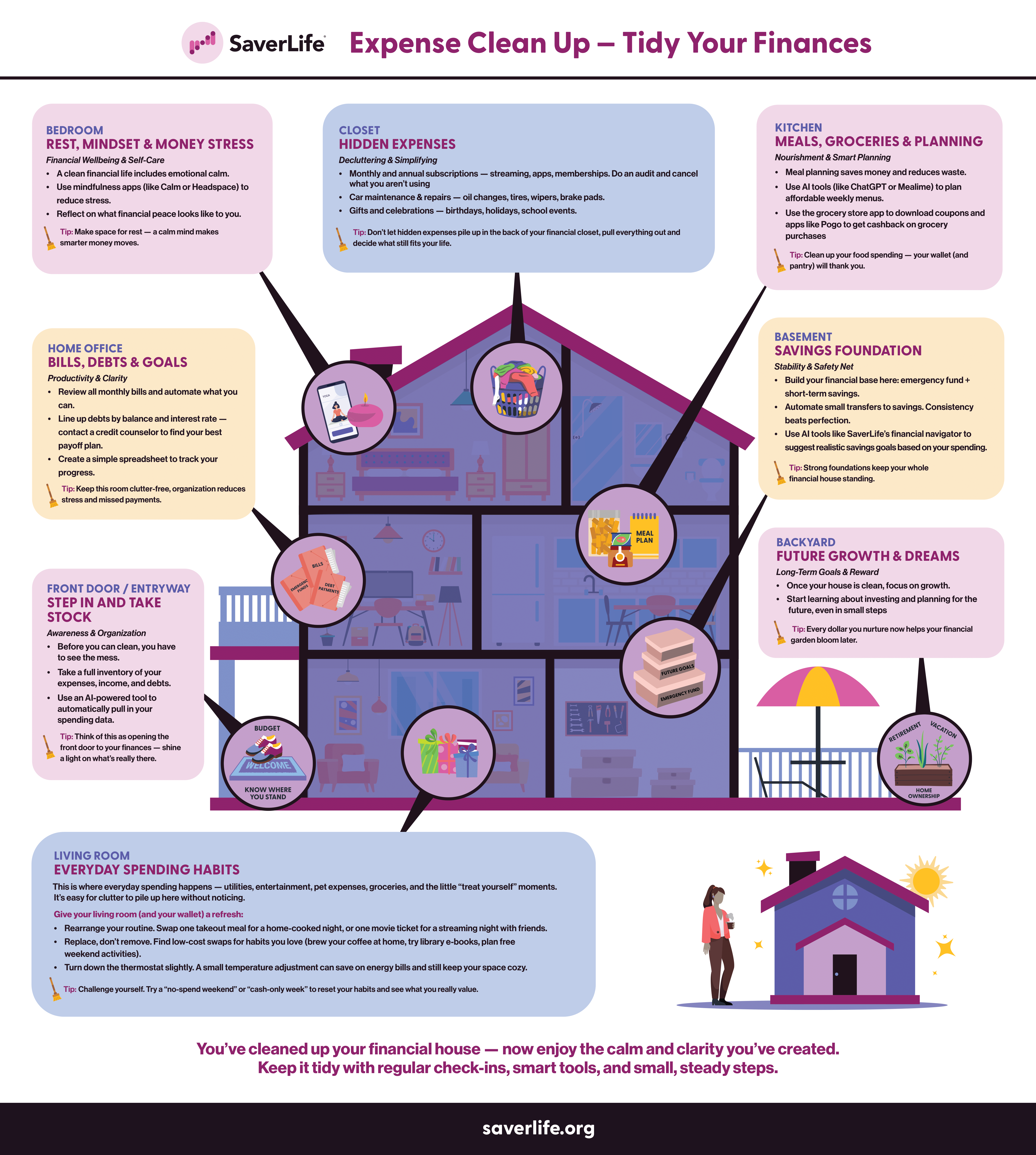
We’ve all seen them – those commercials that promise new furniture, car, or home with no money down. What a good deal! Right?
Well, think again.
On the surface, no money down looks like a great deal but lurking underneath, there is trouble.
4 Drawbacks to no-money-down offers:
- No-money-down offers make you an OWE-ER, not an OWNER.
The money you put down represents the portion of that asset that you own. No-money-down financing means the buyer—OWNS nothing and OWES everything. - No-money-down offers are RISKY.
When you buy a car or house and put money down, it insulates (protects) you from the risk that you will OWE more than the item is worth. This is called being upside down or underwater. - No-money-down offers encourage OVERSPENDING.
The psychology of no money down makes the purchase easy. This ease means many buyers will buy MORE than they need or planned. Spending is a trade-off, so overspending on one purchase means less money is available for another need. - No-money-down offers are EXPENSIVE.
- The purchase price of a no-money-down item may be higher than the purchase price for a buyer who makes a down payment or pays outright.
- The financing may come at a higher interest rate. So, while it appears you’re saving money in the short term, you’re paying multiples more in interest and finance charges in the long term.
Before making a no-money-down purchase, remember to have some healthy skepticism about yourself and the business.
Examine yourself:
- Does this purchase fit into your financial plans? Is this an item you’ve saved for and planned for? Is this no-money-down offer enticing you to buy something more than you need or sooner than you need it?
- Is this an impulse purchase? If you wait a week or a month, will you still make this purchase?
- Will you regret it later? We call this buyer’s remorse, but in this case, it’s more like financer’s remorse.
When a business or finance company is offering you a particular financial deal:
- Ask and understand how they make money on the deal. Ask what other options are available. Remember, they won’t be offering you any deal unless they can profit from it.
- Be sure you understand ALL the terms and conditions and have them in writing. Read the full agreement. If you don’t understand it, take a pause. Take the unsigned agreement home for review and seek the counsel of a trusted friend or family member.
- Always get copies of any agreement you make with a business. You can keep them in a file folder or large envelope and review them if there is ever a disagreement or question about the agreement.
When it comes to no-money-down offers, remember the old saying, “All that glitters is not gold.”
The real treasure is planning for the purchase you want and need. Minimizing debt and risk.
Owning, not Owing.


